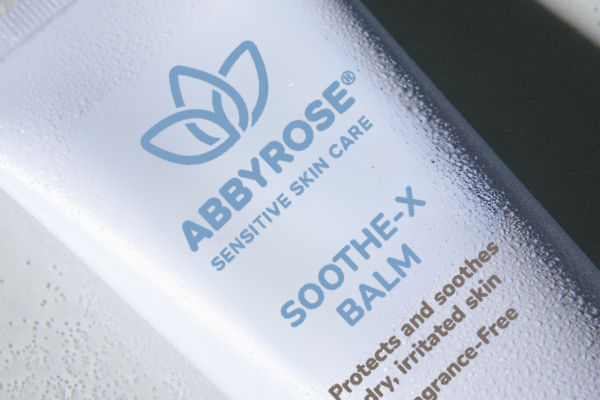Choosing the perfect face oil depends on your skin type, specific concerns, and personal preferences. There is a wide range of oils, each with unique properties, so it's important to consider your individual needs. In this blog, you will be provided with some guidelines to help you choose the best face oil.
Identify Your Skin Type
Identifying your skin type is crucial for choosing the right oils to use on your face. It's important to note that everyone's skin is unique, so what works for one person may not work for another. There are numerous skin types, such as normal, dry, oily, acne-prone, combination, and sensitive. Those with dry skin should look for nourishing oils with rich textures like argan oil, almond oil, marula oil, or avocado oil. And yes, those with oily or acne-prone skin should use face oils too! The oils may actually help balance out the skin. Oily or acne-prone skin will likely do better with lighter, non-comedogenic oils, such as grapeseed oil, squalane oil, jojoba oil or hemp seed oil. Those with combination skin may want to choose a moisturizing yet lightweight oil, such as rosehip oil. Sensitive skin is prone to irritation and may react adversely to certain ingredients. It’s always advisable to perform a patch test to ensure there are no sensitivities. Try gentle oils, such as sunflower oil, avocado oil, tamanu oil or jojoba oil.
Consider Your Concerns
When choosing a face oil, it's essential to consider various concerns to ensure it complements your skin type and addresses specific needs. If you have aging skin, you will want to choose oils rich in antioxidants that will help reduce fine lines and wrinkles, such as rosehip oil, argan oil, marula oil, raspberry seed oil, or pomegranate seed oil. Acne-prone skin should opt for oils with anti-inflammatory properties, such as camellia oil, jojoba oil, squalane oil, black cumin seed or tea tree essential oil.
Check the Ingredients
Check the ingredients to ensure the oil doesn't contain any harmful additives that could irritate your skin. Choose oils without unnecessary fillers or synthetic fragrances. The best quality oils will be pure, cold-pressed and organic.
Consider the Season
When selecting a face oil based on the season, consider how your skin reacts to changes in weather and adjust your skincare routine accordingly. It may also be beneficial to layer lighter oils under heavier moisturizers during colder months for added hydration and protection. Shea butter is excellent to use on top of oils to lock in the moisture. In the summer, lighter oils, such as squalane or jojoba oil may be preferred to avoid a heavy feel on the skin. Always listen to your skin's needs and make adjustments as necessary.
Patch Test for Sensitivities
Before applying a new face oil to your entire face, perform a patch test on a small area and wait 24-48 hours to ensure you don't have any sensitivities or adverse reactions.
Check the Comedogenic Ratings
If you're prone to breakouts, choose oils with a lower comedogenic rating of 1-2 to reduce the risk of clogged pores.
Multi-Ingredient Formulas
Some face oils come in blends with multiple beneficial ingredients. Check the ingredient list for a combination that addresses your specific skincare concerns. Abby Rose Balancing Face Oil is formulated with a complex blend of oils known for softening, balancing, minimizing fine lines, evening out the skin tone, and reducing inflammation.
Popular Face Oils and Their Benefits
- Argan Oil: Moisturizing, supports aging skin
- Jojoba Oil: Balancing, suitable for oily skin
- Rosehip Oil: Brightening, supports aging skin
- Marula Oil: Nourishing, suitable for dry skin
- Squalane Oil: Lightweight, suitable for all skin types
Remember that individual responses to oils can vary, so it may take some experimentation to find the perfect face oil for your skin. By following these steps and considering these factors, you can choose a face oil that complements your skin type, addresses your specific concerns, and enhances the overall health and appearance of your skin. Additionally, if you have specific skin concerns or conditions, consult with a dermatologist for personalized recommendations.
 Shop Abby Rose
Shop Abby Rose




